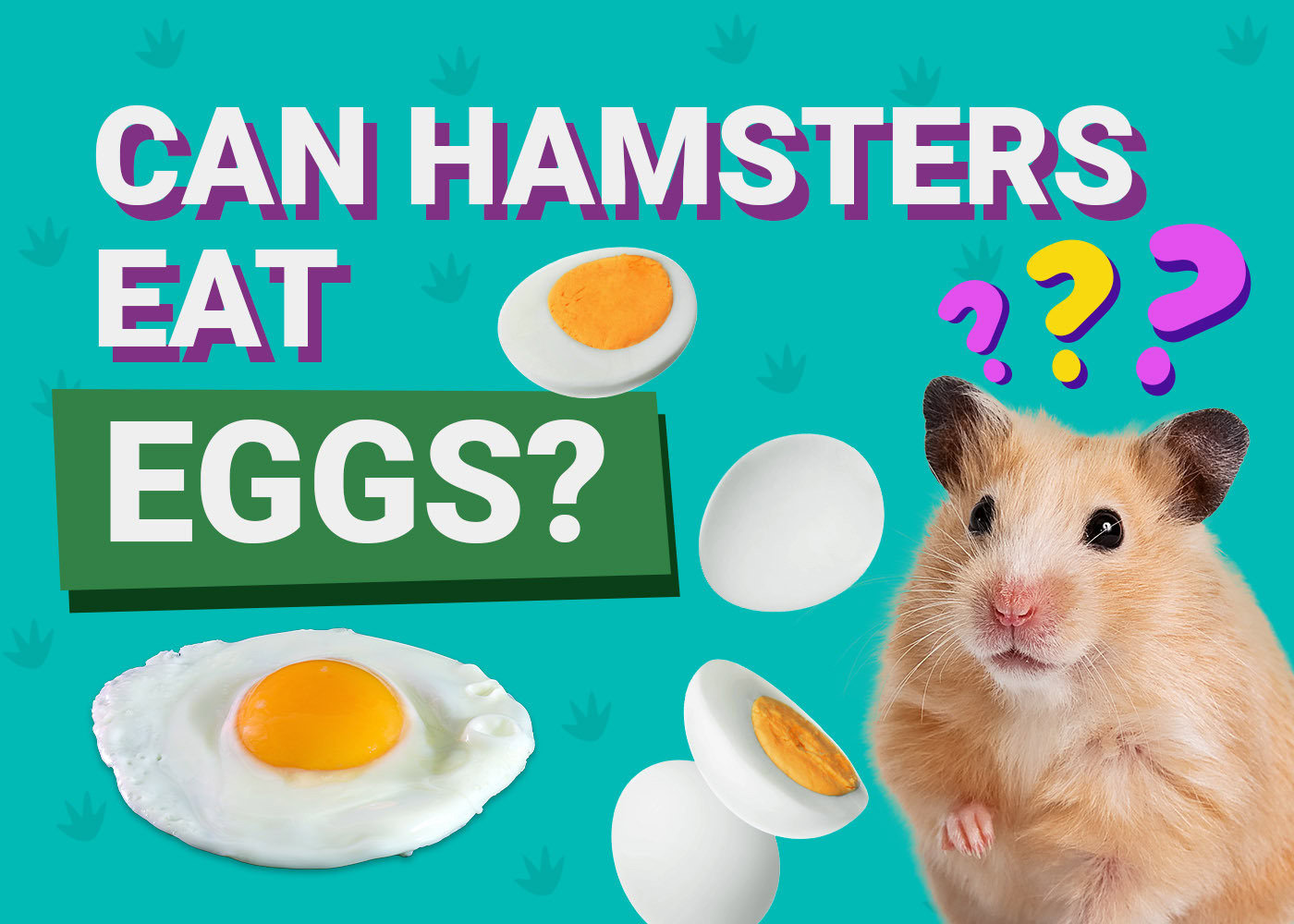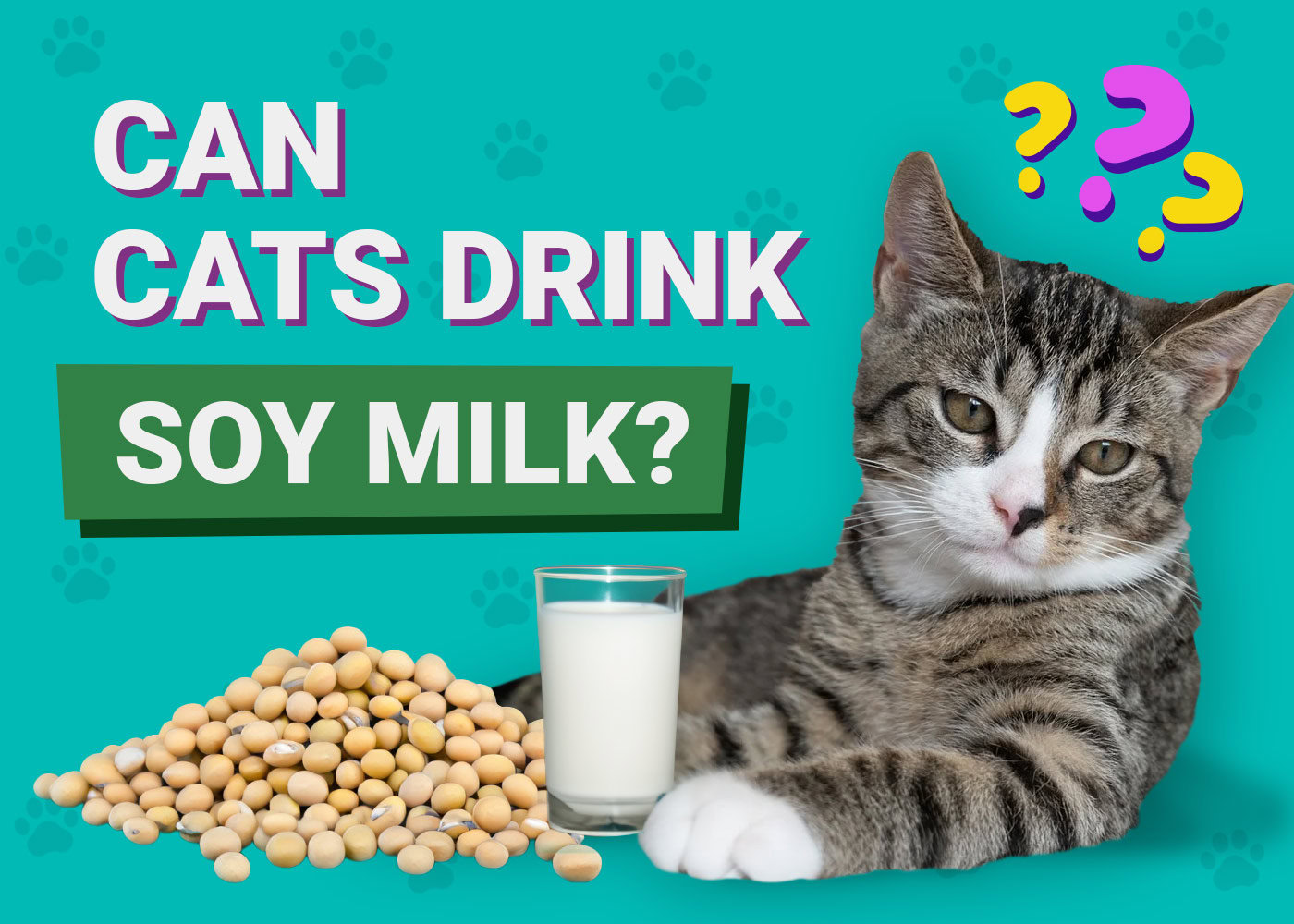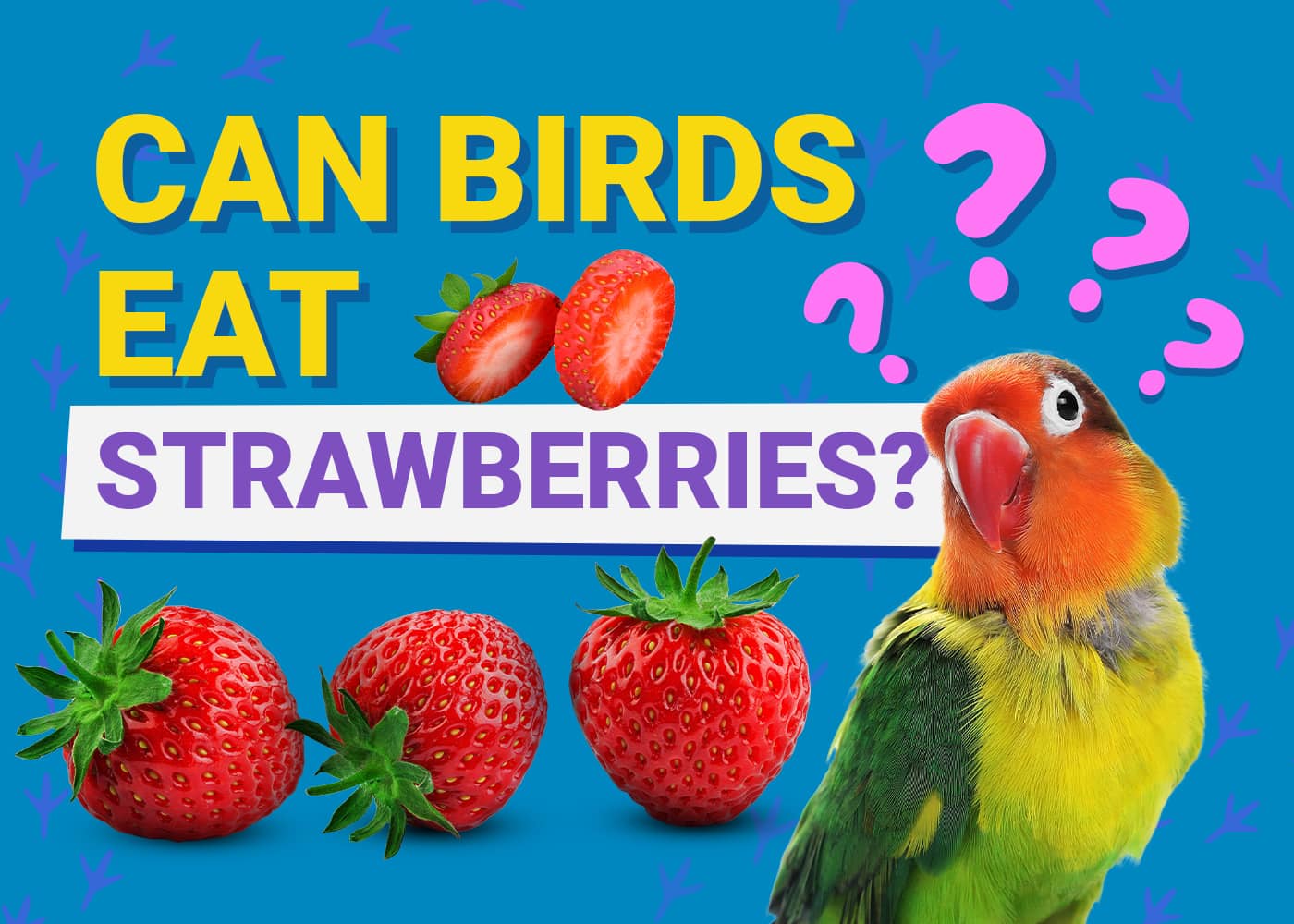VET APPROVED

The information is current and up-to-date in accordance with the latest veterinarian research.
Learn more »Click to Skip Ahead
When you think about your little furry friend’s diet, the first thing that may come to mind is the commercial hamster food you feed them, or even little bits of veggies and fruits every now and then. But did any proteins come to mind?
Sometimes we forget that hamsters are omnivores, meaning they need a varied diet that includes meat and protein-rich foods. Commercial hamster foods do include protein, but at times, we want to offer our pets some variety in their diet.
So, what can you feed your hamster as a treat while not compromising their health? One of the easiest and least expensive options may be right inside your refrigerator! So, are eggs a good option to feed your pet? With a few caveats, eggs are perfectly fine for your hamster to eat!

Can Hamsters Eat Eggs?
Absolutely! Realistically though, options such as freeze-dried worms are definitely preferred over eggs (and they are in fact, more nutritious for a hamster). Nonetheless, unseasoned cooked eggs are indeed safe for hamsters.
They can have more than just chicken eggs, too! Your hamster can have quail eggs and even small pieces of duck eggs.
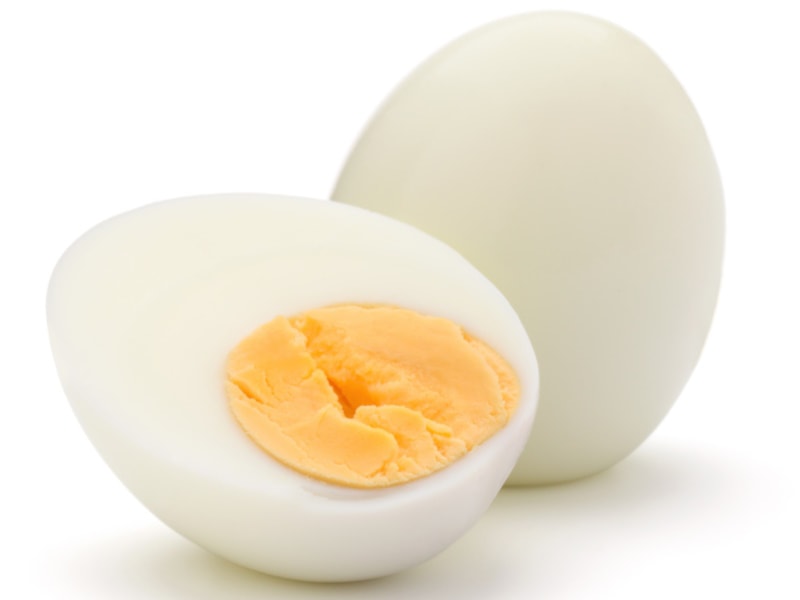
Are Eggs Safe for Hamsters?
Yes! Eggs are an excellent source of protein and an array of other nutrients.
Hamsters can have eggs cooked in a variety of ways, including scrambled, baked, hard-boiled, soft-boiled, or oil-free pan-fried eggs.
The safety of raw eggs hasn’t been well-evaluated in hamsters. As such, it’s best to not offer a hamster raw eggs. The runny and sticky texture of a raw egg is also not compatible with a hamster’s dentition and digestive physiology. Their cheek pouches, though large, do not contain salivary glands. As such, runny or sticky foods can sometimes get stuck in their cheek pouches, leading to complications and health issues.
How Much Egg Can I Feed My Hamster?
Hamsters can have a piece of egg once or twice weekly. Though Syrian hamsters are larger than their dwarf counterparts, they also have a slightly lower base metabolic rate. As a result, both Syrian and dwarf hamsters eat around the same amount of food on a daily basis.
If you are feeding duck eggs, this amount decreases since they are larger than chicken eggs and much higher in fat and calories.
If you offer your hamster quail eggs, a slightly large morsel can be considered. However, eggs should be used as a treat for your pet and not as a dietary staple.
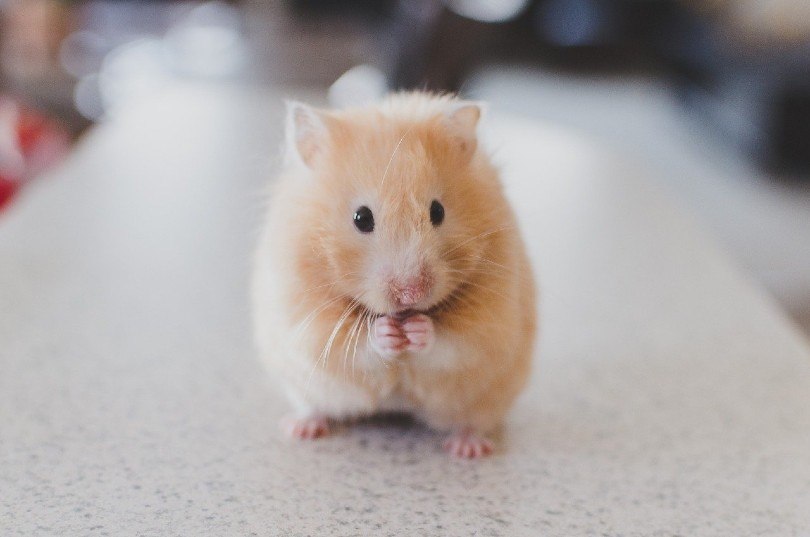
Can My Hamster Eat Eggshells?
Surprisingly, yes! Eggshells are a great source of calcium, but if your hamster is being fed an appropriately balanced diet, calcium supplementation should not be necessary. If feeding eggshells to your hamster, they should not need to be fed this more than once every couple of months. It is safest to grind eggshells into a fine powder to put on your hamster’s food.
If you feel like your hamster’s calcium intake is lacking, make sure to check with your veterinarian before beginning any supplementation like eggshell powder.
Eggshells are also a low-calorie protein source for your hamster. If you feed your hamster eggshells, ensure they are washed thoroughly prior to crushing.
What Else Should I Consider When Feeding Eggs to My Hamster?
Eggs are a great treat for your hamster, but they are high in fat. This means that they should be fed in very controlled portions to prevent obesity and medical problems. High-fat foods can even lead to diarrhea and stomach discomfort for your hamster.
While some sources indicate that raw egg yolks can be fed, it is not recommended by most veterinary-backed sources. There is a risk of Salmonella sp. transmission with feeding any part of raw eggs to your hamster, and it carries no additional nutritional value. Combined with the risk of a raw egg being lodged in your hamster’s mouth or cheek pouch, the risk just isn’t worth it.
While you can cook eggs in a variety of ways to feed your hamster, cooking in a manner that leaves the yolk uncooked should not be used to feed your hamster. This includes sunny side up, poached, and over easy. You can provide hard or soft-boiled eggs to your hamster, as well as baked. They can be fed scrambled eggs that are made without butter, salt, milk, oil, or other additives like cheese and cracked pepper. Hamsters can also have a pan-cooked egg that has been made without oil or butter.
Making your hamster an omelet or scramble with some favorite veggies mixed in is an excellent option for a nutrient-rich treat. Just make sure you are still feeding within recommended amounts of eggs and other foods you mix in.
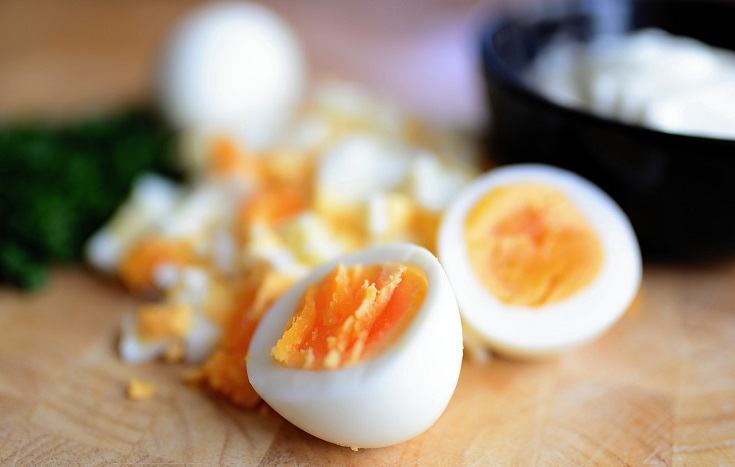

Final Thoughts
Hamsters love trying new foods, so if you haven’t given your hamster any egg before, now might be a great time to try it. However, eggs should be considered an occasional treat for your pet and not a dietary mainstay in their daily meals.
Remember to slowly introduce new foods to your hamster to prevent stomach upset, so maybe start with one or two bites of egg before increasing the amount your hamster gets.
Duck eggs, quail eggs, and chicken eggs all have different tastes, and rotating through a variety of eggs can be an exciting treat for your hamster.
Featured Image Credit: Gaelle Marcel, Unsplash
